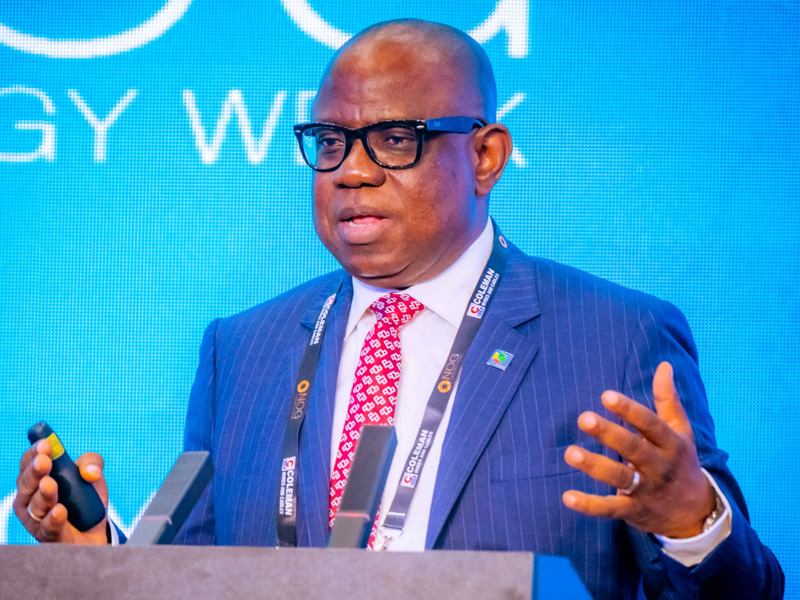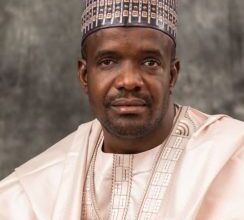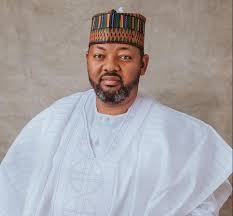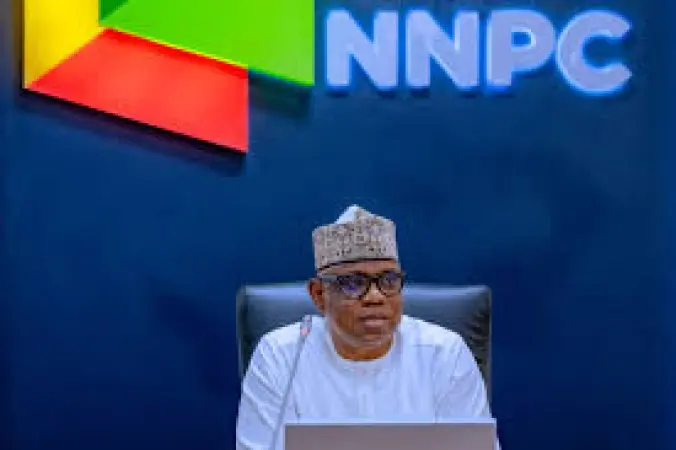NNPC retail posts N395.5bn loss in 2024 for transactions

NNPC Retail Limited has posted a staggering loss of N395.5 billion for 2024, a dramatic turnaround from the N20.18 billion profit it made the previous year. The oil company subsidiary, which operates petrol stations across Nigeria, blamed the massive loss on unusual oneoff transactions that it says will not happen again.
The figures come from NNPC Retail’s annual report, consolidated and separate financial statements for the year ended December 31, 2024. The financial statements paint a grim picture of the company’s position. By the end of 2024, NNPC Retail was in debt to the tune of N278.8 billion, compared to N79.51 billion the year before. The company also reported short-term debts of N423.6 billion, a stark contrast to the N29.62 billion in net current assets it held in 2023.
When including NNPC Retail’s subsidiaries – Apapa SPM Limited and NNPC Retail Limited Togo S.A – the total loss after tax reached N391.1 billion in 2024. This compares to a group profit of N20.08 billion in 2023. The wider group’s debts also ballooned to N269.7 billion, whilst it had net assets worth N82.25 billion the previous year.
The Board of Directors of NNPC Retail insisted that the enormous losses were caused by unusual transactions that would not be repeated. “The loss recorded in the current year was largely driven by non-recurring transactions including an impairment of receivables amounting to N117 billion and an amount of N133.9 billion expensed in the current year, relating to reconciliation differences on intercompany ledger balances.
These items are not expected to recur in future periods,” the directors said. It emphasised that both the old company and the rebranded NNPC Retail had historically been profitable. They expressed confidence that the company would return to making money, pointing to its strong position in selling and distributing petroleum products across Nigeria.
Company bosses also revealed that a large chunk of the debts – about 38 per cent of the N526.6 billion in shortterm liabilities – was money owed to other companies within the NNPC group. “A significant portion of the Group’s current liabilities comprises balances with related parties, which constitute approximately 38 per cent of total current liabilities (N526.6 billion).
Excluding these balances, the Group would be in a positive net current asset position. The related parties are under common control of NNPC Limited, which has provided confirmation of its continuing financial support to the Group and the Company for at least the next 12 months,” the directors explained.




